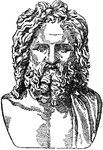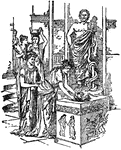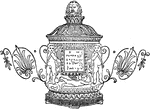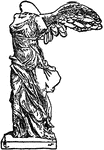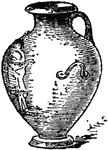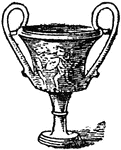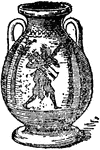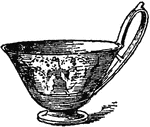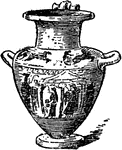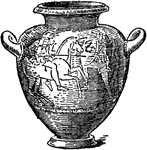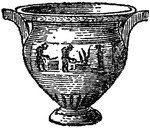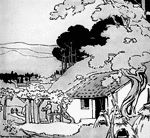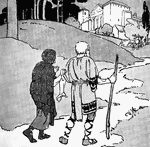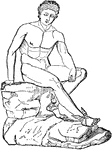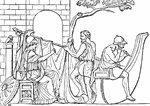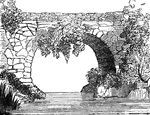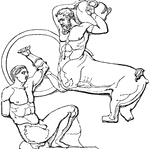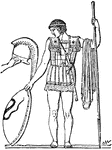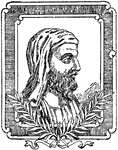
Plutarch
"Plutarch, as the great interpreter of Greece and Rome, exerted on generations succeeding him in influence…
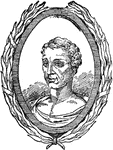
Lucian
"Lucian, the humorous satirist, was a native of Samosata, in Syria, and flourished towards the end of…

Julian
"Thus the prince, both when present and when coming, was alike victorius: and these things he achieved…
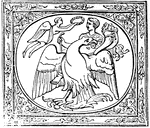
Apotheosis
"The enrollment of a mortal among the gods. The mythology of Greece contains numerous instances of the…

Aurum
"Gold appears not to have been coined at Athens till the time of the Macedonian empire, with the exception…
Clavis
"A key. The key was used in very early times, and was probably introduced into Greece from Egypt; although…

Greek Chariot
"In the battles, as depicted by Homer, the chiefs are the only important combatants, while the people…
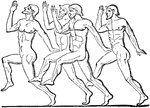
Foot-race
"The Olympic games were of greater efficacy than the Amphictyonic Council in promoting the spirit of…

Wrestling
"The Olympic games were of greater efficacy than the Amphictyonic Council in promoting the spirit of…
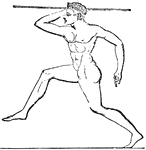
Hurling the javelin
"The Olympic games were of greater efficacy than the Amphictyonic Council in promoting the spirit of…
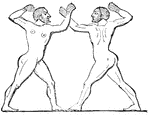
Boxing
"The Olympic games were of greater efficacy than the Amphictyonic Council in promoting the spirit of…

Tripod of Apollo
"It was the universal practice of the Greeks to undertake no matter of importance without first asking…
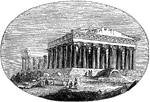
Modern Parthenon
"The Athenians, on their return to Attica, after the defeat of the Persians, found their city ruined…
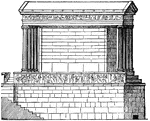
Temple of Nike Apteros
"The first public monuments that arose after the Persian wars were erected under the auspices of Cimon,…
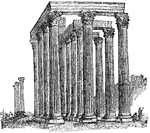
Temple of the Olympian Zeus
"Athens is said to have derrived its name from the prominence given to its worship of Athena by its…

Propylea restored
"A. Pinacotheca, B. Temple of Nike Apteros, C. Pedestal of Agrippa, D. Road leading to the central entrace,…

Parthenon restored
"The Parthenon stood on this highest part of the Acropolis, near its centre, and probably occupied the…
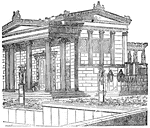
Erechtheum restored
"The building of the new Erechtheum was not commenced till the Parthenon and Propylea were finished,…

Bust of Pericles
"The enormous influence which Pericles exercised for so long a period over an ingenious but fickle people…

Bust of Aspasia
"Pericles, after divorcing a wife with whom he had lived unhappily, took his mistress Aspasia to his…
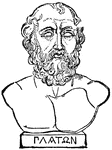
Bust of Plato
"Plato was born in Athens in 429 B.C., the year in which Pericles died. His first literary attempts…
!["Demosthenes had established himself as a public speaker before [the first Phillipic]; but it is chiefly in connection with Phillip that we are to view him as a statesman as well as an orator." — Smith, 1882](https://etc.usf.edu/clipart/16600/16602/demosthnbust_16602_mth.gif)
Bust of Demosthenes
"Demosthenes had established himself as a public speaker before [the first Phillipic]; but it is chiefly…

Coin of Alexander the Great
"Coin of Alexander the Great. Alexander, at the time of his father's death, was in his twentieth year,…
